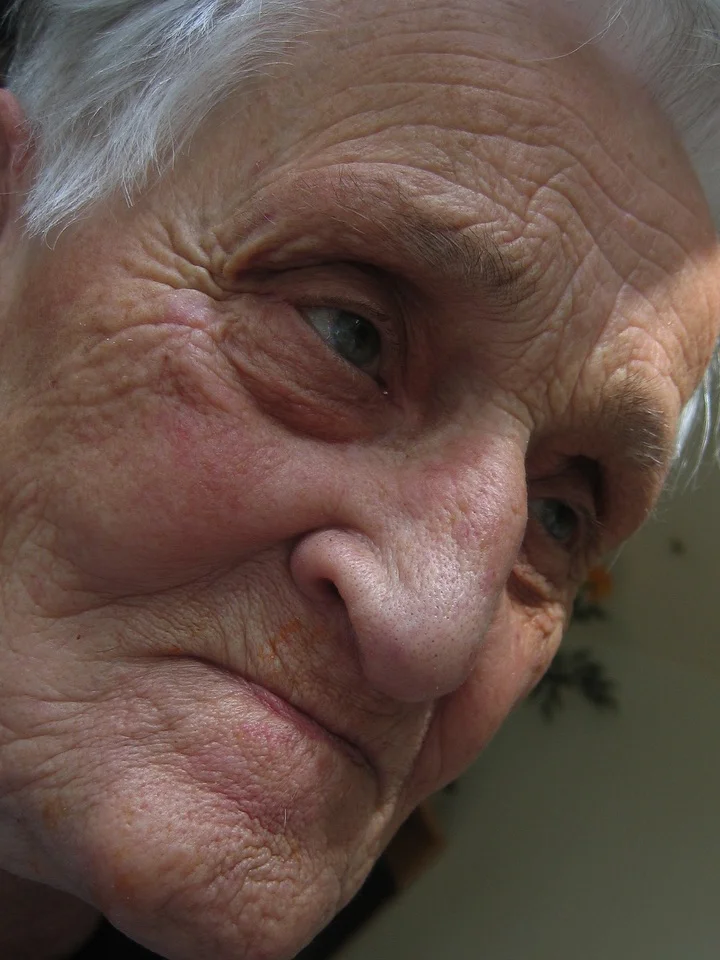Frailty and Dementia: Is There a Connection?
In our journey through the complexities of health and aging, we often encounter terms like frailty and dementia. But have you ever wondered if these two are interconnected? In this exploration, we’ll delve into the relationship between frailty and dementia, examining their possible links, symptoms, and impact on the elderly. Let’s begin this conversation with a closer look at what frailty truly entails.
Is Frailty Linked to Dementia?

Frailty is not just about physical weakness; it’s a multifaceted syndrome encompassing various symptoms such as weight loss, exhaustion, slow walking speed, and physical inactivity. While these aspects are commonly associated with frailty, the relationship between frailty and cognitive impairment, a key element of dementia, remains a subject of exploration.
Research conducted by Jenni Kulmala, Irma Nykänen, Minna Mänty, and Sirpa Hartikainen reveals a strong association between frailty and cognitive impairment, particularly among individuals aged 76 and older. The findings suggest that cognitive impairment might be more than a coincidence; it could be a clinical feature of frailty. The question then arises: could understanding this connection pave the way for better care and intervention strategies?
Signs of Frailty
To comprehend the implications of frailty, it’s crucial to recognize its signs. Frailty isn’t always apparent at first glance; it often lurks beneath the surface. The five key signs of frailty include weight loss, exhaustion, weakness, slow walking speed, and physical inactivity. Identifying these signs early on may provide an opportunity for proactive measures, allowing us to address frailty and potentially its cognitive implications.
5 Signs of Frailty:
1. Weight Loss
One of the primary signs of frailty linked to dementia is unexplained weight loss. Individuals experiencing cognitive decline may struggle with meal preparation, forget to eat, or lose interest in food altogether. As a result, they may unintentionally shed pounds. Weight loss, beyond what can be attributed to a conscious effort, might indicate an underlying frailty associated with dementia.
For example, an elderly neighbor might suddenly lose weight despite having a consistent diet. This could be a sign that cognitive decline is impacting their ability to maintain proper nutrition.
2. Exhaustion
Frailty often manifests as persistent exhaustion, and when coupled with dementia, this fatigue can become more pronounced. Individuals may find daily activities increasingly draining, leading to a sense of weariness that goes beyond what one would expect from the natural aging process.
Imagine noticing that your friend, who used to be active and energetic, is now visibly fatigued after simple tasks like grocery shopping. This could be an indication that frailty, exacerbated by dementia, is taking a toll on their overall well-being.
3. Weakness

Muscle weakness is another significant sign of frailty, and its connection to dementia adds a layer of complexity. Cognitive decline can impact an individual’s motivation and ability to engage in physical activities, contributing to muscle loss and weakness over time.
Consider a situation where an elderly family member struggles to lift even light objects, despite being physically active in the past. This weakness might be indicative of frailty associated with dementia.
4. Slow Walking Speed

A noticeable reduction in walking speed is a common sign of frailty, and when dementia is in the picture, it becomes even more apparent. Cognitive impairment can affect coordination and balance, leading to a slower, shuffling gait.
Picture observing your neighbor, who used to take brisk walks around the block, now moving at a noticeably slower pace. This change in walking speed could be a subtle yet telling sign of frailty linked to dementia.
5. Physical Inactivity

Frailty often leads to decreased physical activity, and when dementia is present, individuals may become more sedentary due to memory loss or confusion about their surroundings. Lack of engagement in physical activities can further exacerbate frailty.
If you notice that a loved one has become increasingly inactive, avoiding activities they once enjoyed, it could be a signal of frailty influenced by dementia.
6. Cognitive Impairment
Cognitive impairment itself is a crucial sign of frailty caused by dementia. Memory loss, confusion, and difficulty in making decisions are common cognitive symptoms that can significantly impact an individual’s overall well-being.
For instance, a friend who was once sharp and quick-witted may start forgetting important details or struggle to follow a conversation, suggesting the coexistence of frailty and dementia.
Understanding these signs is not just about recognizing frailty; it’s a step towards promoting a healthier and more supportive environment for our elderly loved ones.
Can Frailty be Reversed?
Now that we’ve explored the signs, the next logical question is whether frailty is reversible. The answer, fortunately, is yes, to some extent. Initiating lifestyle changes, incorporating regular exercise, and ensuring a balanced diet can contribute to improving physical strength and overall well-being. This proactive approach may not only mitigate frailty but could potentially have positive implications for cognitive health.
While frailty reversal might not be a guarantee, addressing its contributing factors can undoubtedly enhance the quality of life for individuals navigating this delicate phase of aging.
Conclusion
In concluding our journey through the realms of frailty and dementia, it’s crucial to recognize the intricate connection between these two phenomena. Frailty is not solely confined to physical aspects; its tendrils extend into the cognitive domain, emphasizing the need for a holistic approach to elderly care.
Our understanding of frailty goes beyond its surface signs. It involves a nuanced comprehension of the challenges faced by our elderly population, recognizing that frailty is not an isolated condition but a complex interplay of physical and cognitive factors.
